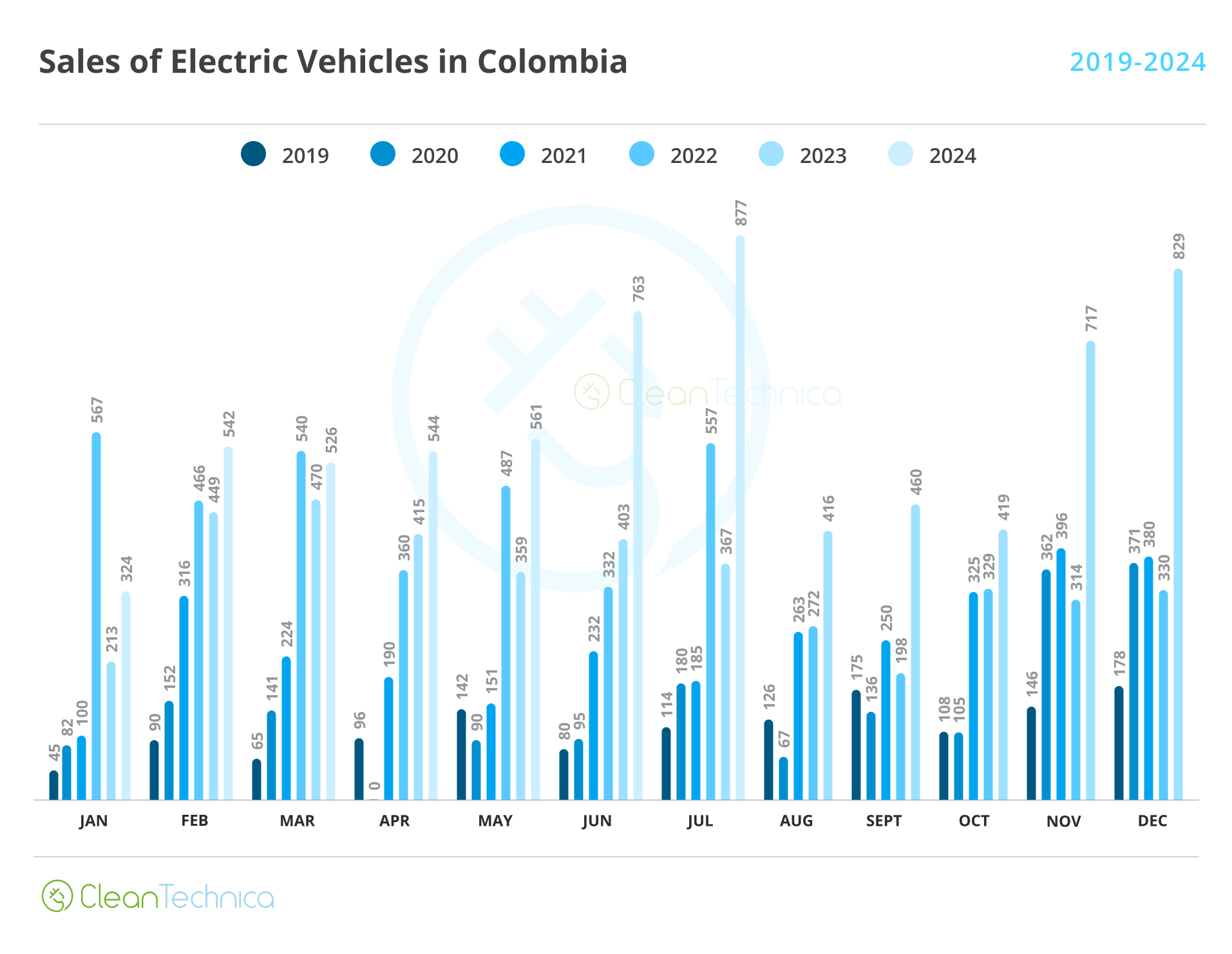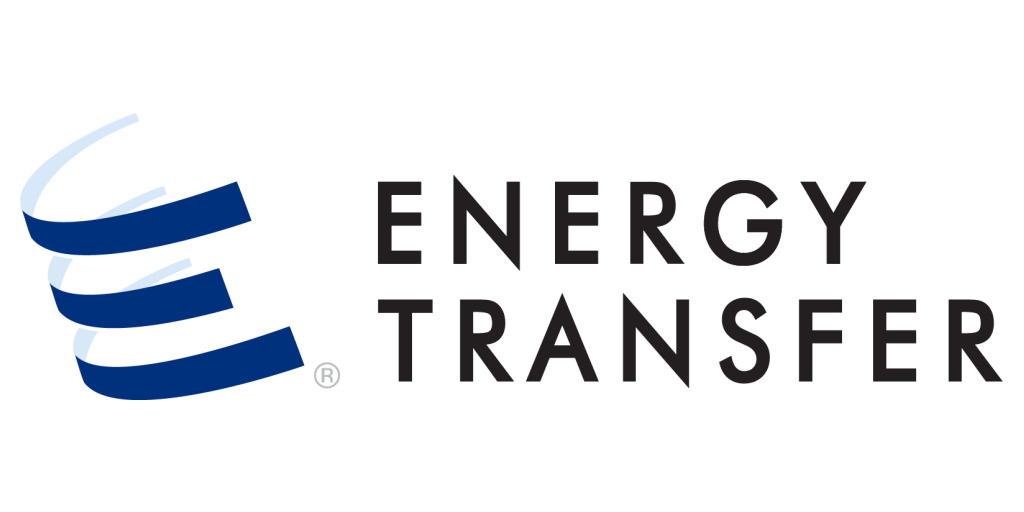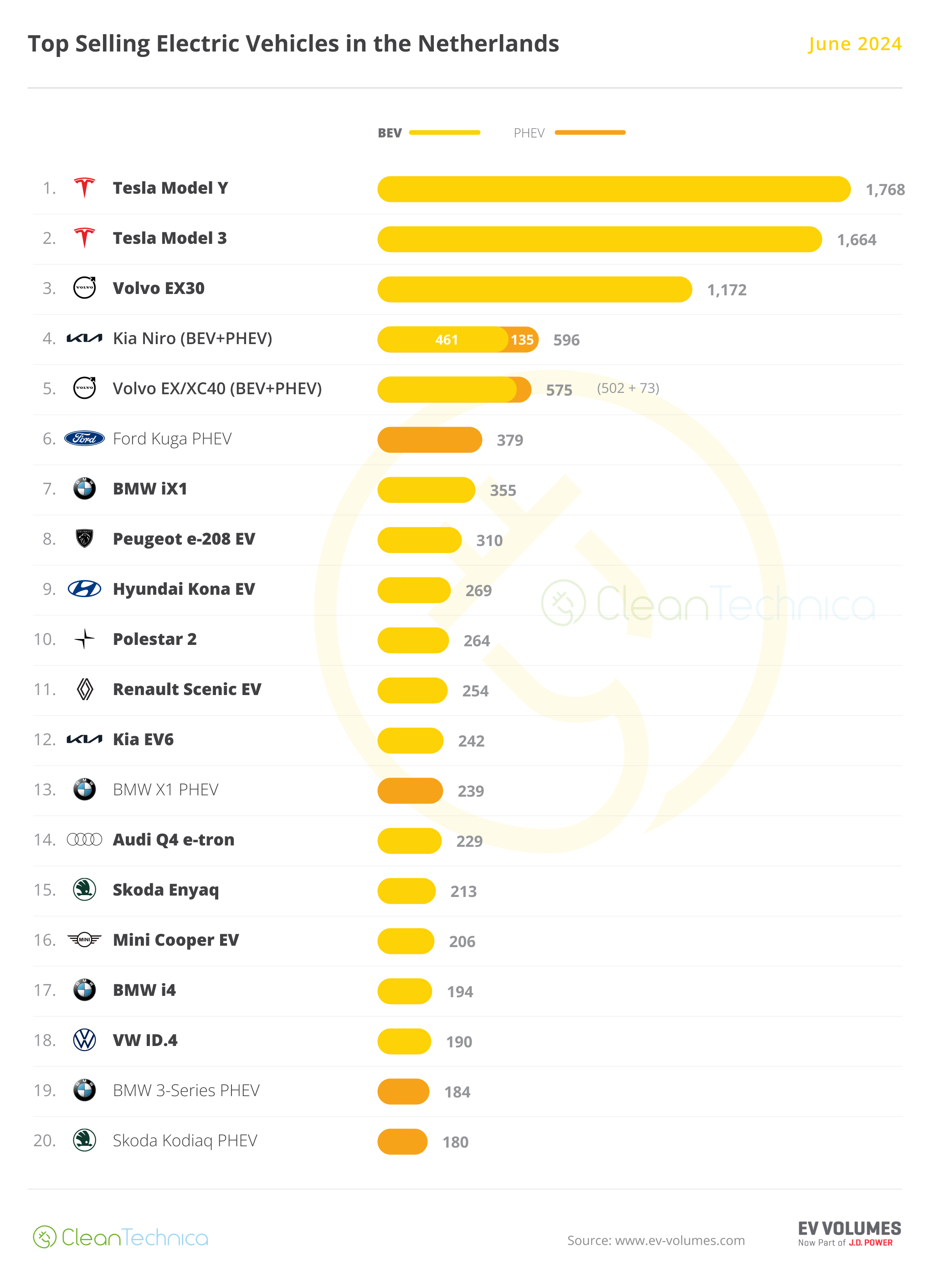Sign up for daily news updates from CleanTechnica on email. Or follow us on Google News!
The California legislature this week approved SB 253, a bill that requires any business with annual revenues of $1 billion or more that does business within the state to report all of its greenhouse gas emissions, not just those directly attributable to its operations.
Emissions are typically classified as Scope 1, Scope 2, or Scope 3. Today, most companies report their Scope 1 emissions while wrapping themselves in a banner proclaiming how “green” they are. Bill McKibben peels back that camouflage by talking about the all new Apple Watch line introduced this week. Apple claims its new watches are now carbon-free, thanks to advances in metallurgy, fabric science, and so forth.
That is true if the issue is Scope 1 emissions but not true in the context of the company’s Scope 3 emissions. McKibben says, “Apple’s biggest source of carbon emissions is the money it keeps in America’s banking system, which is lent out for new pipelines and the like. When you count those emissions, Apple’s carbon footprint goes up 64 percent.”
What Are Scope 3 Emissions?
In every discussion, it is important to define terms. It is easy to toss phrases like Scope 3 around, but what does it actually mean? The graphic above from the Environmental Protection Agency helps to visualize the issue. Here’s how the EPA explains it:
Scope 3 emissions are the result of activities from assets not owned or controlled by the reporting organization, but that the organization indirectly affects in its value chain. Scope 3 emissions include all sources not within an organization’s scope 1 and 2 boundary. The scope 3 emissions for one organization are the scope 1 and 2 emissions of another organization. Scope 3 emissions, also referred to as value chain emissions, often represent the majority of an organization’s total greenhouse gas (GHG) emissions.
The GHG Protocol defines 15 categories of scope 3 emissions, though not every category will be relevant to all organizations. Scope 3 emission sources include emissions both upstream and downstream of the organization’s activities.
To fully meet GHG Protocol standards, an organization must report emissions from all relevant scope 3 categories. More organizations are reaching into their value chains to understand the full GHG impact of their operations. In addition, because scope 3 sources may represent most of an organization’s GHG emissions, they often offer emissions reduction opportunities. Although these emissions are not under the organization’s control, the organization may be able to affect the activities that result in the emissions. The organization may also be able to influence its suppliers or choose which vendors to contract with based on their practices.
According to The Verge, SB 253 requires the California Air Resources Board to develop rules by 2025 for companies with annual revenues over $1 billion. By 2026, the companies would have to publicly report greenhouse gas emissions that come from their operations and electricity use. In addition they will be required to disclose how much pollution is generated by their supply chains and customers by 2027.
In a statement, Ben Jealous, the executive director of the Sierra Club, said,“We are pleased to see California addressing the risks that climate change poses to our financial system and our livelihoods, health, and environment head-on. For too long, corporate polluters and financial institutions have tried to downplay the growing risks their climate pollution poses to investors, customers, communities, and the economy.
“California joins a growing list of jurisdictions around the world mandating that corporations accurately disclose all their direct and indirect emissions so that stakeholders can understand and make informed choices about companies’ climate risks and impacts. The Sierra Club urges Gov. Newsom to sign this legislation quickly, and we urge the Securities and Exchange Commission to join California, the European Union, and other jurisdictions in taking a comprehensive approach to requiring the disclosure of all emissions and major climate risks.”
Why SB 253 Matters
State Senator Scott Wiener, the primary author of the bill, told the Los Angeles Times, “We need the full picture to make the deep emissions cuts that scientists tell us are necessary to avert the worst impacts of climate change. These disclosures are simple but transformational, which is why companies like Apple are already reporting their emissions and calling them essential to their corporate climate goals. We need strong transparency to create a level playing field among private and public companies. Once again, California is leading the nation on essential climate action.”
SB 253 was bitterly opposed by the fossil fuel industry. As Bill McKibben explains, opponents like the Chamber of Commerce and the fossil fuel industry know that if companies like Google are required to report the carbon emissions that arise from their banking arrangements with Chase or Citi, then Google will start putting pressure on those banks to stop lending to Exxon and Chevron.
And that, of course is precisely the point. “If you’re the head of Chase, and Tim Cook says ‘bro, we cannot meet our promise to be net zero by 2030 if you don’t change,’ then you have precisely the kind of problem that’s necessary for progress,” McKibben writes.
In 2022, the Securities Exchange Commission proposed rules that would mandate disclosures similar to the ones contained in SB 253 for all publicly traded companies. Those rules were expected to be finalized earlier this year but have faced delays along with stiff opposition by companies that have been particularly reluctant to share their Scope 3 emissions.
“We do not believe the purpose of Scope 3 disclosure requirements should be to push publicly traded companies into the role of enforcing emission reduction targets outside of their control,” BlackRock said in a June 2022 statement.
The new legislation in California will affect Apple, and yet it endorsed SB 253 last week. “While these emissions can be challenging to measure, they are essential to understanding the full range of a company’s climate impacts,” Apple director for state and local government affairs Michael Foulkes wrote in a letter to the bill’s primary sponsor last week.
What’s Next For Scope 3 Emissions?
What happens next is similar to what happened after the US Congress passed the Inflation Reduction Act last year. Passing a law is one thing. Crafting the rules and regulations that will implement the new law is something else entirely. In the case of the IRA, the Treasury Department and particularly the IRS, have the burden of creating the regulatory framework to enable the legislation.
In California, that task now falls to the California Air Resources Board, which is mandated to promulgate the new regulations by the end of 2025 so they can go into effect in 2026. Pushback from fossil fuel proponents who want to make the regulations as weak as possible will be part of an ongoing industry lobbying campaign. Even after the new rules are set, they will continue to chip away at them in an effort to limit the scope of the disclosures they are required to make.
Information is a disinfectant for propaganda of all types. The fossil fuel industry has been deliberately lying to American citizens and the people of the world about its role in global heating for more than 50 years. Being able to keep information such as this secret has made it easier to keep telling the same lies over and over again. Now that blanket immunity is about to end and not a moment too soon.
Have a tip for CleanTechnica? Want to advertise? Want to suggest a guest for our CleanTech Talk podcast? Contact us here.
I don’t like paywalls. You don’t like paywalls. Who likes paywalls? Here at CleanTechnica, we implemented a limited paywall for a while, but it always felt wrong — and it was always tough to decide what we should put behind there. In theory, your most exclusive and best content goes behind a paywall. But then fewer people read it!! So, we’ve decided to completely nix paywalls here at CleanTechnica. But…
Thank you!
Tesla Sales in 2023, 2024, and 2030
CleanTechnica uses affiliate links. See our policy here.




